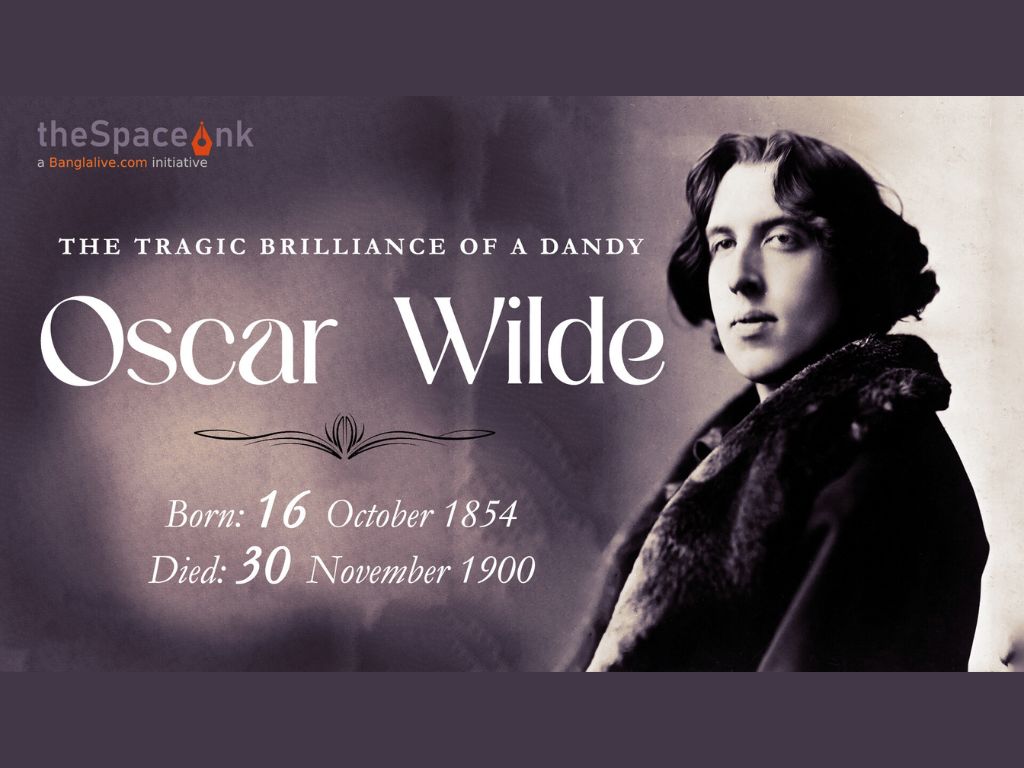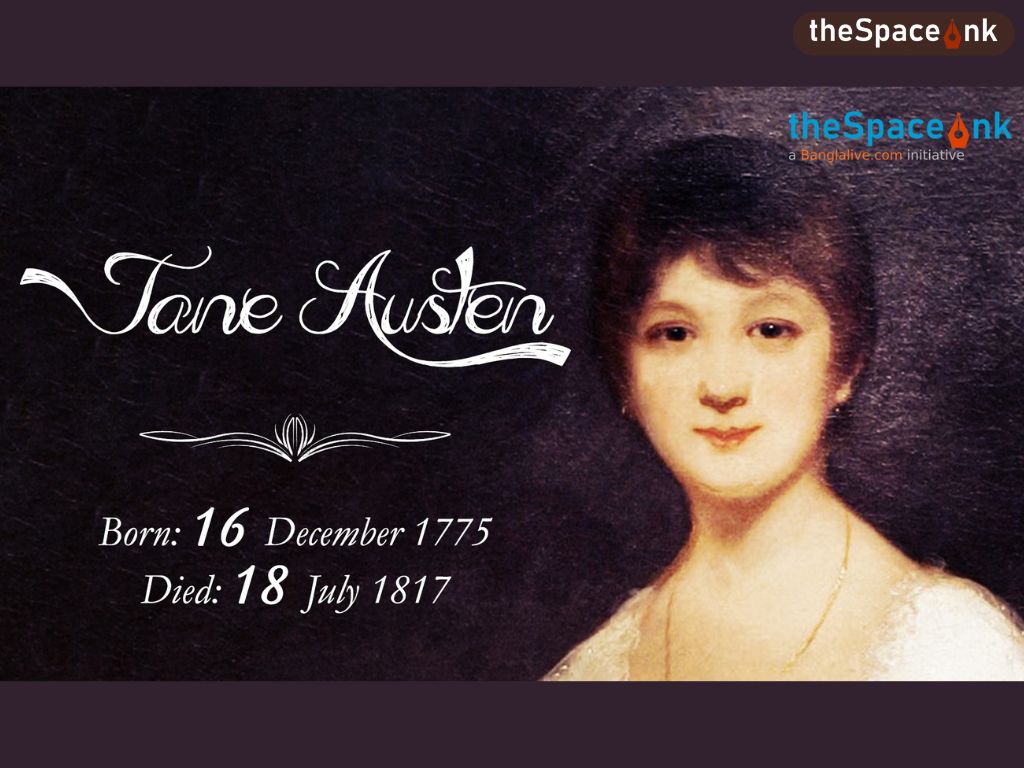(Oscar Wilde)
Oscar Wilde lived a life of glitter and ruin. He was adored, mocked, jailed, and ultimately destroyed by the very society that once applauded him. From the heights of London’s literary salons to the depths of Reading Gaol, Wilde’s story reads like one of his own tragic comedies — dazzling, witty, and heartbreakingly human.
He was born in Dublin in 1854. His father was a celebrated surgeon, and his mother, Lady Jane Wilde, a poet and nationalist. Growing up in a house where art and ideas were daily bread, Oscar inherited both intellect and theatrical flair — qualities that would later make him the toast of Victorian England.
Oscar Wilde loved to stand out. At Trinity College, Dublin, and later at Oxford, he became known for his flamboyant dress, quick wit, and obsession with beauty. He famously declared that life should imitate art — a philosophy he wore like a badge.
He became the face of the Aesthetic Movement. The movement urged people to seek beauty for beauty’s sake, not moral instruction. With a lily in hand and velvet on his shoulders, Wilde toured America in 1882, lecturing on art and aesthetics, charming even the most skeptical audiences with his paradoxical humour.
Video: Tales from the Quill of the Dark Genius: The Life of Edgar Allan Poe
Oscar Wilde was born to provoke.Through essays like The Decay of Lying and The Critic as Artist, Wilde mocked Victorian hypocrisy and moral pretension. To him, art was sacred precisely because it had no duty to teach or preach.
His fame reached its peak in the 1890s. With plays like Lady Windermere’s Fan, A Woman of No Importance, and The Importance of Being Earnest, Wilde became London’s most celebrated dramatist. Audiences flocked to hear his sparkling dialogue, his razor wit cutting through the stuffiness of polite society.
But his masterpiece shocked everyone. In The Picture of Dorian Gray, Wilde explored vanity, corruption, and the cost of eternal youth. Critics called it immoral and decadent — Wilde replied that a book was neither moral nor immoral, only well or badly written.
Then came the scandal. Wilde’s affair with Lord Alfred Douglas — “Bosie” — became public after Bosie’s father, the Marquess of Queensberry, accused him of being a “sodomite.” Wilde, rashly, sued for libel. The trial turned against him, exposing his private life to a viciously moralistic public.
Video: Victor Hugo – Ocean Man of Words
He was sentenced to two years of hard labour. From 1895 to 1897, Wilde endured prison life that broke his body and spirit. In De Profundis, a long letter written from jail, he confessed his suffering, his pride, and his transformation through pain.
When he was released, he was a ruined man. He left England, living out his final years in France under the name “Sebastian Melmoth.” Friends abandoned him; money vanished. Yet he kept his humour alive — once telling a waiter, “I am dying beyond my means.”
Oscar Wilde died in 1900, aged only forty-six. The cause was meningitis, but the real cause, many say, was heartbreak. His final words reportedly concerned the hideous wallpaper in his cheap Paris hotel: “My wallpaper and I are fighting a duel to the death. One or the other of us has got to go.”
Today, Oscar Wilde lives on as a symbol of wit and defiance. His words — “Be yourself; everyone else is already taken” — still echo through time. In an age obsessed with image, Wilde reminds us that truth and beauty, though fragile, are worth living — and even suffering — for.








